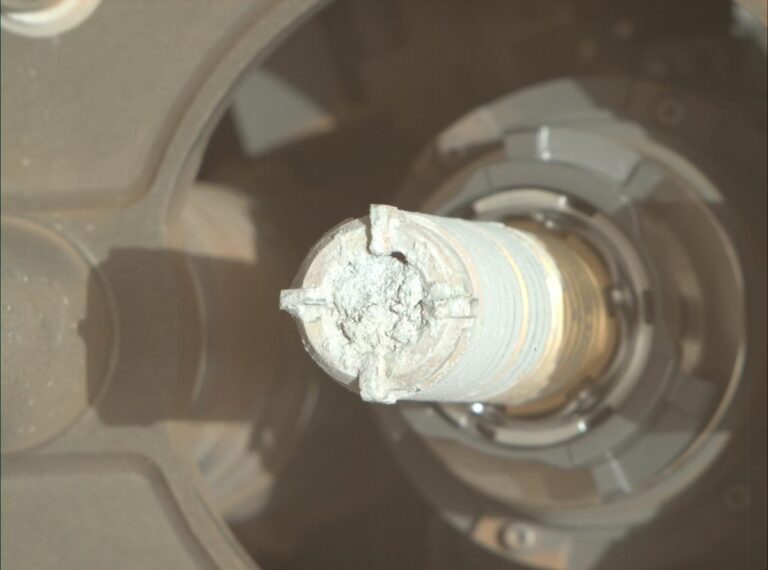” is a clarion call for immediate, unified action to leverage microbiome-based technologies in the fight against climate change. Written by a global team of experts, the paper outlines the critical need for coordinated efforts to deploy microbial solutions at scale, emphasizing that humanity already possesses the tools to address this existential threat—what is lacking is decisive, collective action.Why Microbial Solutions?Microbial technologies offer transformative potential to mitigate and adapt to climate change.
These solutions harness the natural capabilities of microorganisms to:Reduce greenhouse gas emissions: Microbes can optimize processes like methane oxidation and carbon sequestration, helping industries and agriculture reduce their carbon footprints.Enhance soil carbon storage: By improving soil health and fertility, microbial applications can boost agricultural productivity while capturing carbon in the soil.Support ecosystem resilience: Microbial interventions can restore damaged ecosystems, protect biodiversity, and sustain life in the face of environmental stresses caused by climate change.
The authors argue that the versatility and adaptability of microbial technologies make them a crucial element in a comprehensive climate strategy.Learning from COVID-19The scientists highlight the global response to COVID-19 as an example of rapid mobilization and technological deployment. Just as vaccines and treatments were developed, distributed, and scaled globally in record time, they propose applying similar urgency and coordination to climate action.
This involves:Decentralization with global coordination: Encouraging local autonomy while maintaining a global strategy to ensure widespread implementation.Cutting bureaucratic red tape: Streamlining processes to avoid delays caused by unnecessary regulations.Acknowledging cultural and societal contexts: Adapting solutions to fit local needs, expertise, and regulations to ensure success and inclusivity.Framework for ActionThe authors outline a clear framework for deploying microbiome-based solutions, emphasizing the need for:Cross-Sector Collaboration: Governments, industries, and research institutions must work together to fund, develop, and implement microbial technologies.
Global Investment: Financial resources must be channeled into research, infrastructure, and field applications to scale these solutions effectively.Knowledge Sharing and Capacity Building: International cooperation to share expertise, data, and best practices is essential for innovation and adaptation.Public Awareness: Educating the public about the potential of microbial solutions can drive demand and foster greater acceptance of these technologies.Call to ActionThe paper concludes with a compelling plea for emergency action to tackle climate change with the same resolve that humanity demonstrated during the pandemic.
The authors emphasize that time is running out, and the window to prevent catastrophic environmental, economic, and social consequences is rapidly closing. They urge governments, industries, and communities to prioritize the development and implementation of microbial solutions, not as a stand-alone measure but as a critical component of a larger climate strategy.Their message is unambiguous: “We have the tools to save the planet. Now we must use them.”

















+ There are no comments
Add yours